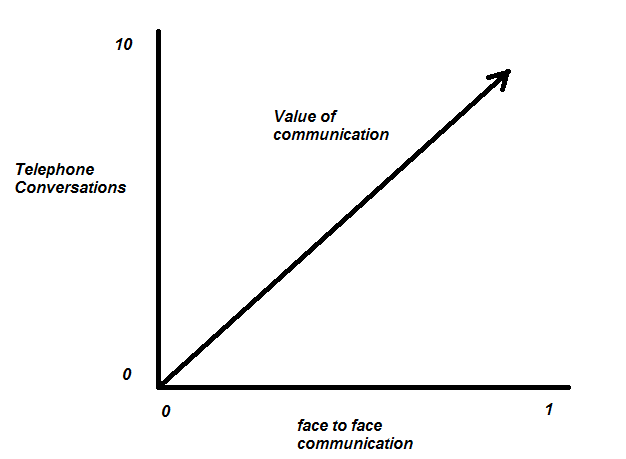I think most employment brands are completely fake. The reason I feel this way is because HR and Executives approve the messaging. We, HR and Executives, are the last people who really know what our employment brand truly is. So, we end up with stuff like this:
Seems really cool! Makes us feel good about ourselves and our organization. But for the most part it’s one big white lie.
That’s marketing. It’s not marketings job to tell you the truth. It’s marketings job to get you to buy something. Sometimes its just some crappy product or service. Sometimes its the church down the street with the cool young pastor and rock band. Sometimes its working for your organization.
Many HR Pros and Executives get really pissed off when I say something like this. That’s because they drink their own Kool-aid. They truly believe the messages brought forth are the truth. Those messages are what they hope and dream the organization to become, so they’re all bought in on making it happen. I actually really like these people. I like people who are bought into making their organizations what their commercials are telling us they are, even when they aren’t.
Who wants to go work for an organization that puts up a commercial of some manager unable to communicate what needs to be done, and Bobby down in the accounting bitching he only got a 14 lb. turkey from the company, when last year he got a 15 lb. turkey? No one. But that’s truly your organization. Organizations are like families. You have some folks in your family you don’t want the rest of the world to see, but when you take the family photo it looks like everyone is fairly normal and well adjusted.
So, how fake is your employment brand? On a scale of 1 to 10, 1 being Goldman Sachs and 10 being Google, where does your organization fall?

